A Hunter’s Wake: Remembering a Salvaged Man
Soft falls the hunter’s step on unholy ground.
Here no earth covers faces or bodies or souls
nor leaves behind remnants to be found.
In life he rescued parts from abandoned wholes
but now he whispers lullabies in ancient rhyme;
Words for coins to pay Charon’s tolls.
He passes through memories and time;
Keeps with him the names of salvaged sons –
An act of love that pardons all mortal crime.
On the other side of the river there is none
who are victors, none who are to be crowned.
Instead the river bends back towards its run
muted with glory and burning with a sound
that promises him a soul unhunted, unbound.
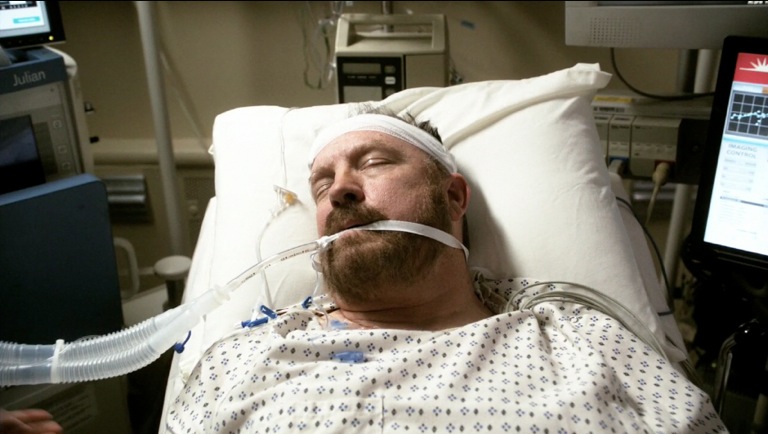
And while we may shift uncomfortably at cliffhangers that tease us with death, again and again, there is one departure that we should remember as a death, not a device. Bobby Singer, the man whose life was his work. He owned a salvage yard and that is what he was, what he did. He picked up tarnished pieces of the world and cherished them, made them work again. From his first appearance in “Devil’s Trap,” we know that he is a man acquainted with the darkness of the world, the spiritual grime that can collect on the human heart, but instead of bitterness and despair, Bobby shows us that hunting is not simply John’s revenge or Dean’s duty. He shows us that hunting should not and cannot be done alone.
As we grow to know and understand Bobby and his place in the Winchesters’ lives, we also begin to see his place in the entire Supernatural story, his place in our lives. He is a man with demons. He drinks too much and isolates himself from the rest of society, choosing only to enter it as mission, not citizen. He falls in and out of our seasons and lives with a familiar irregularity; a surprise visitor who we are never really surprised to see. He studies for us, making an archive as tribute while he burrows deeper and deeper into the storyline. Every act of recovery and remembrance is an act of love. And we know he loves the boys just as we love them, that he mourns their choices and their mistakes as much as we do. When he grabs Dean in “All Hell Breaks Loose II,” he proxies our angst, makes audible the fear we have for Dean. Why? Bobby asks and our voices echo within his broken cry.
But Bobby not only collects the parts. He makes sense of them. He is the humane in our story – father, mentor, coach, and gadfly. He loves like all family should love, with honesty and generosity ““ to love the other because they can be broken, not despite it. And we know the cost of love for Bobby. We see in “Dream a Little Dream of Me” as the ghost of his wife drags her fingers across his tired face, inscribes her death on a wall that warns all to walk past, to not enter. He builds a mountain of debris and scrap around himself, holding the world at bay, except for two small boys who grow into heroic men. And they grow because they have been salvaged, picked up and polished. Because Bobby finds the flawed and appreciates its dents and bruises and deformities. So it is no surprise that he is who Dean runs to first in “Lazarus Rising” – a Dean scarred and marked by the world.
And the beauty of Bobby is in his weakness as well as his strength. His power in overcoming possession to save Dean in “Sympathy for the Devil” gives way to a spiral into depression. When he takes out that bullet in “Point of No Return” and sets it on the table, all of us ““ Dean, Sam, Bobby, You and I ““ we all feel the temptation of endings. We were all weary by this point, weren’t we? But that moment was about life and faith and purpose. Bobby has our love for Dean, our faith in Sam, our belief in the rightness of the cause even when the price is high, perhaps too high at times. It is easy to praise the dead, yes, but what would we have been without Bobby in those first five seasons? Who would’ve stopped us at that moment and made us remember that life is the grand total of the lives you save? In that moment, an unloaded bullet was a salvaged soul.
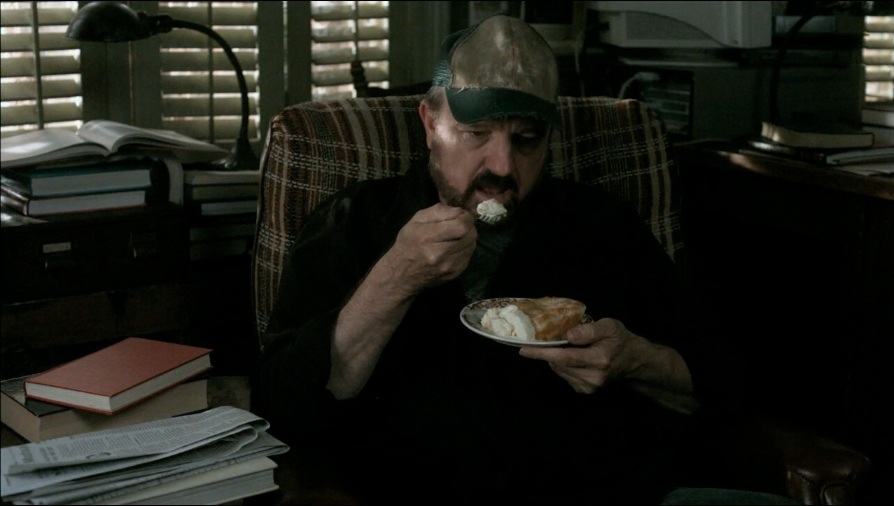
For every season Bobby stood next to the boys, we stood next to him. He brought to this scattered and fragmented world a sense of belonging, a sense of the whole that had been for so long drifting in parts. He scavenged them together and made them better, made them beautiful even with their dents and bruises. And when it was time to leave, we knew he could not leave, and we mourned his choice as mistake, wanting to pull him to us as he did Dean all those years ago. Why? But his answer would be the same as Dean’s, it would be the same as ours. He couldn’t not stay.
And yes, we sensed how it would end, foretold it like the carnival’s tarot reader. And when the end came, it was a beautiful tragedy. Bobby departed as he had lived, in quiet wisdom and acceptance. It is fitting that our last image of Bobby would be from his shadow, that the boys he loved so much stood witness as disappeared into a muted blaze of glory. And that we, You and I, would not see Bobby, but instead stand next to him in obscura, be gazed upon by the loving eyes of heroic men. For when he burned, we burned as well.
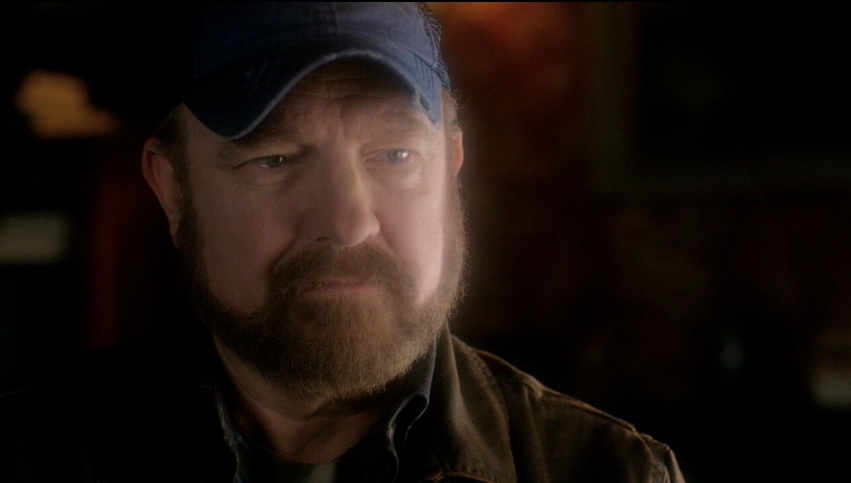



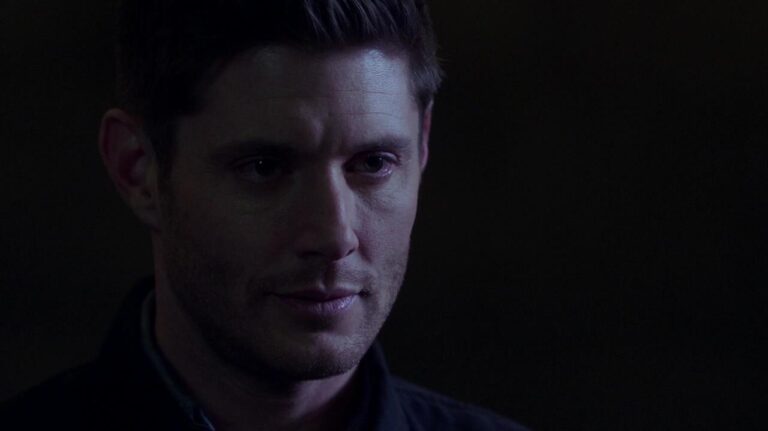
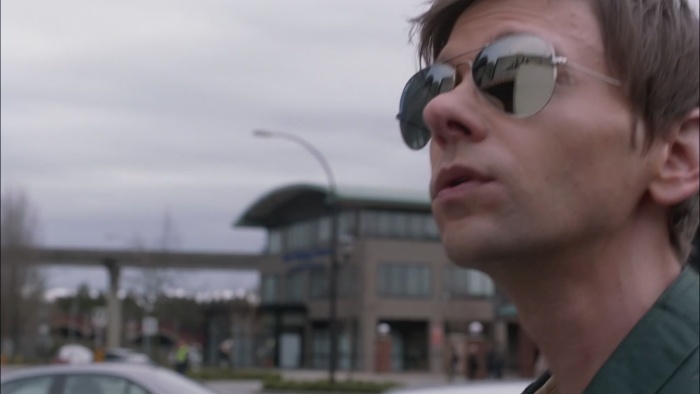
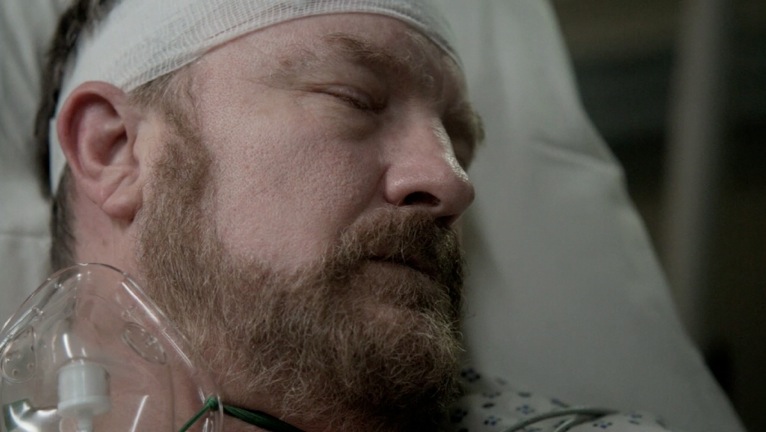
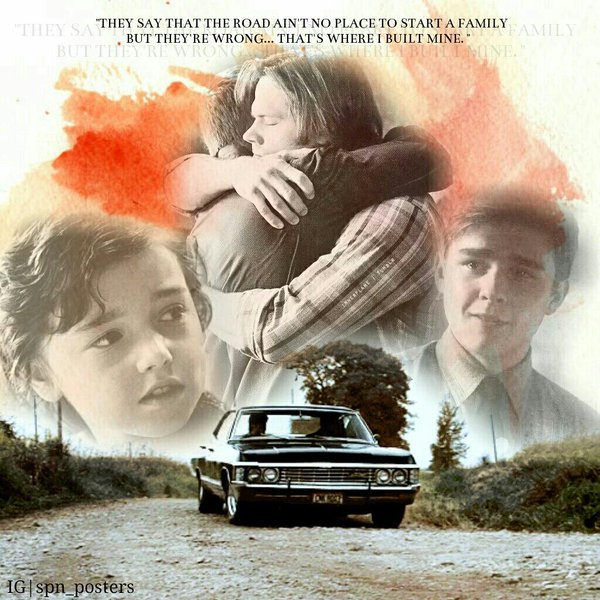
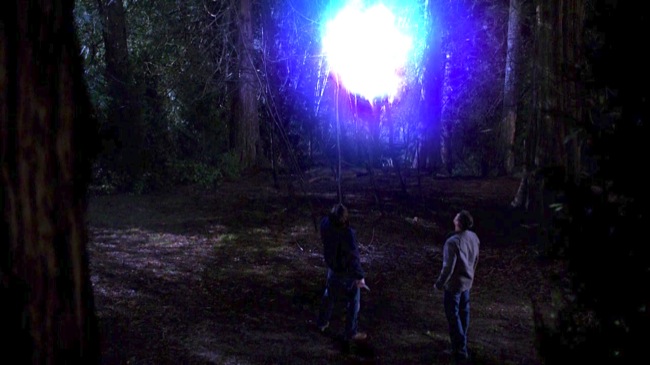
BooooBBY. I love Bobby. Thanks for the article.
Thank you for the beautiful tribute to Bobby. I love him and miss him!
I love Bobby dearly and this brought the tears again.
Even so, I hope there is some way to bring him back as it hurts too much missing him.
The first time an article here made me cry. And there have been many wonderful ones. Thank you for putting into words what many of us feel but perhaps couldn’t express. Beautiful.
Beautifully, beautifully written.
Thank you for being the voice of mourning for all the fandom who needed it. This was more beautiful then words can express.
Beautiful! thank you for putting into words what so many of us feel. Bobby was and always will be a central figure who leaves a void. But he is always with the boys and with us. One of best articles I have ever read!
Linda,
This is so beautiful. It encapsulates just how vital Bobby was to our story, and how powerful his character truly is still in remembrance.
Thank you for this.
Far Away Eyes
A poetic and furring tribute to such an important and well loved character. Beautiful words that brought tears to my eyes. There will be a void left in his wake.
Thank you for this Linda, it was beautiful. I will always miss Bobby. He was the constant in Sam & Dean’s lives. He is gone, but never forgotten.
What a well spoken tribute to our father, mentor and friend too. My heart cries every day that he is gone , this should not have happened, (Sera are you listening) but thanks for the walk down memory lane, making sure we never forget Bobby Singer